When we moved from a city of 200,000 to a homestead in a hilly, Ozark town of 2,000 residents, my husband and I fully anticipated there would be an adjustment period. As I wrote in my first article for Insteading, there are many moments of “culture shock” that could affect this urban-fled, aspiring country bumpkin.
At the time I wrote that article, I had only been living on our homestead for two weeks! Many of my conclusions and recommendations were based on the immediate transition. Now that I’ve been on my homestead for nearly two years, I have several seasons of retrospect under my belt and a lot more to say.
I hope that some of our experiences can help you. Here are the six biggest long-term life-shifts that my family felt as we have changed from inner-city dwellers to off-grid homesteaders.
Time Becomes Your Most Valuable Commodity
When you work a “normal” job in a “normal” lifestyle, your time is not your own most of the week. After all, the sad stereotype of “living for the weekend” doesn’t exist for nothing. So the sudden gift of autonomy is somewhat of a shocking realization when you find yourself in the country, especially if you have decided to homestead or farm full-time.
You may find that what your family lost in leaving your jobs and/or middle-class status, you gain back tenfold in time — a far more valuable commodity than currency in our book. Of course, with that sudden freedom comes the necessity — and responsibility — of self-determination.
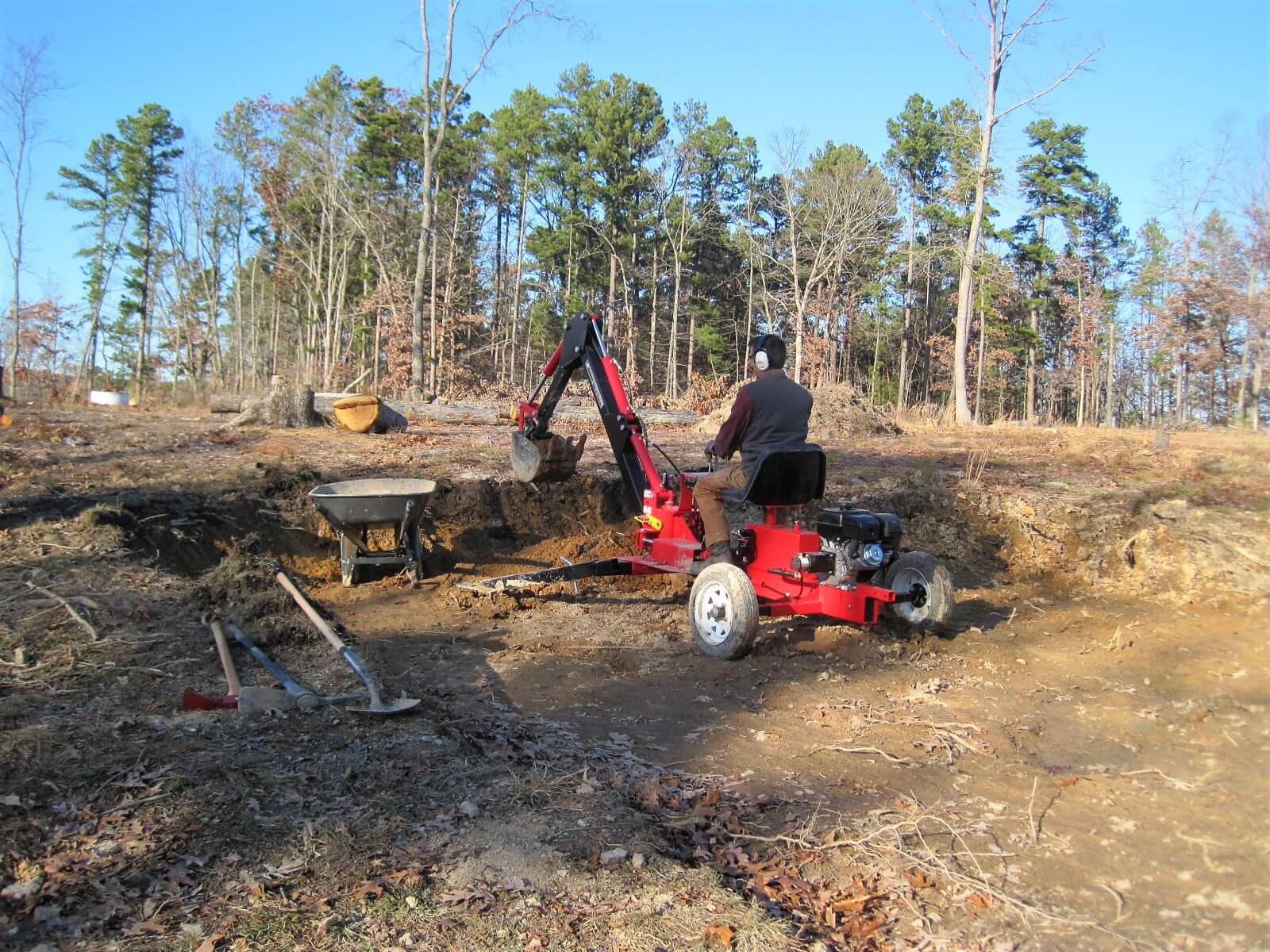
If you are used to having bosses give you directives (even if you hated being told what to do) you may need to train yourself to manage your own time. Procrastination and laziness won’t get you “fired” from your homestead, but the effects of not using the gift of your time may result in overgrown hooves, gardens planted too late, or the workshop you still haven’t built because “you’re going to get to it.” As any homesteader will tell you, the best time to plant your orchard is twenty years ago, but the second-best time is now.
I have found that one of the most helpful activities for me as I drink my cup of morning tea, is to write a list of everything I want and need to accomplish that day. Alternatively, a “project whiteboard” is very useful with all the necessary goals listed out and super-visible.
Granted, I often write far too ambitious a list, but it is a thrilling thing that my husband and I, not some distant CEO, are the ones who get to decide how to use our days to do what we want to do. We don’t live for the weekend — we get to live every day.
There’s No Such Thing as a 5-Minute Interaction
Interactions in the city are often fast-paced. Five minutes at the checkout, three seconds thanking the barista for your coffee, a nod to your neighbor as you duck into your car. In that sea of people, you can spend an entire day interacting with strangers, and they’ll probably just stay strangers.
In the country, however, things take longer, and that includes anytime you meet rural people. If your neighbor drives by while you’re at your mailbox, he very well may slow down, stick his head out the window, and talk with you for a solid twenty minutes.
Resist the urge to get out of these conversations — it’s often your city training nagging you that it’s taking too long, but not giving a reason why. Trust me, people are spread a lot further out in these wilder places and when they meet, they’re not too busy for each other. It is a precious thing.
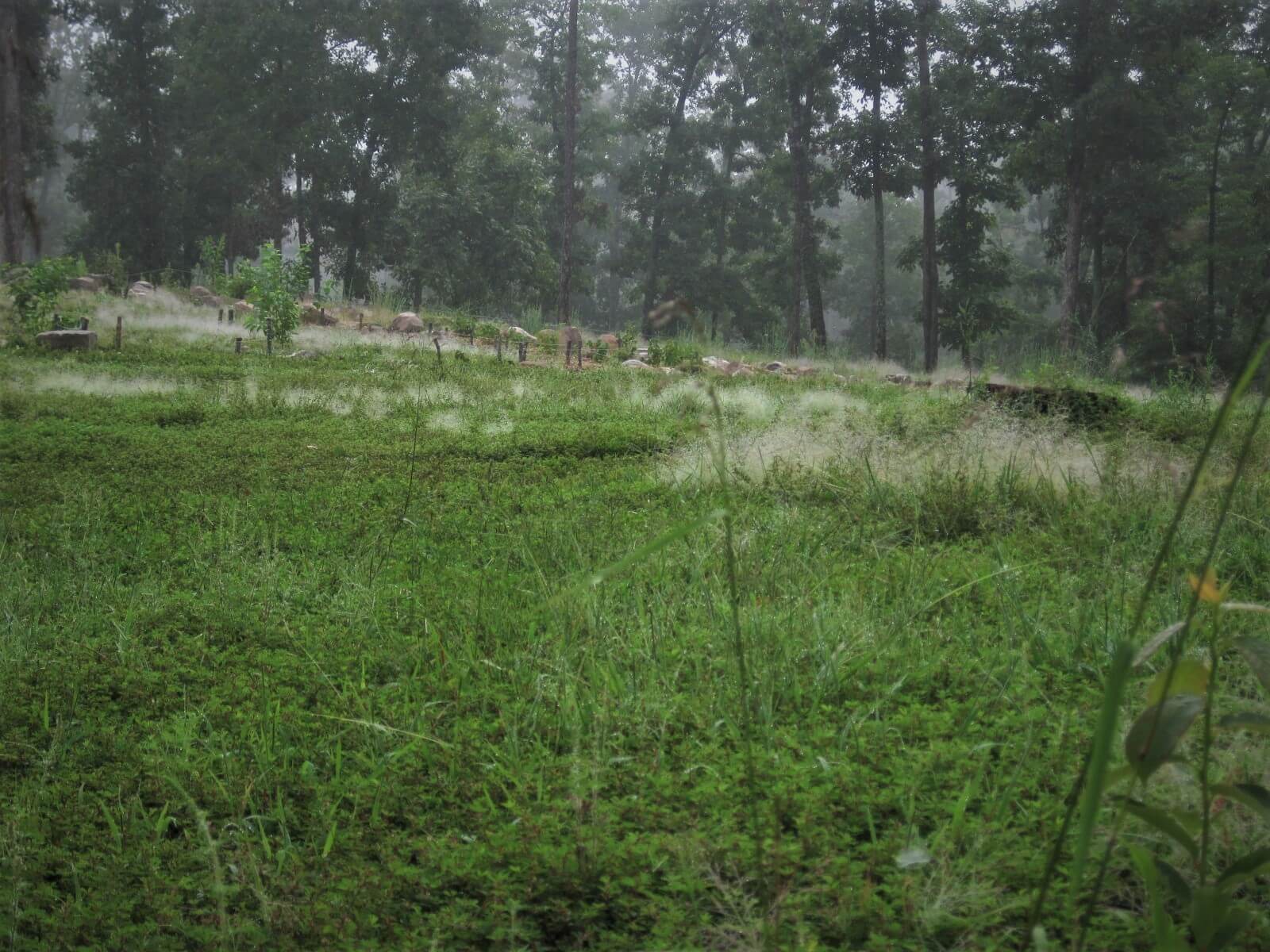
Take the time to talk to the locals, and then listen to them. Friendships are slow-going in the country; many folks are a little wary of newcomers, particularly those who still have the smell of city-exhaust clinging to their clothes. Though it may take a long time, slow-growing friendships are sometimes a lot deeper than the easy-to-forge acquaintances that close, urban proximity can provide.
I know it personally. You may find, like I did, that many of your old friends back in the city don’t talk to you anymore despite efforts to stay in contact. The somewhat harsh reality is that without the glue of proximity and shared experiences, it’s really hard to keep relationships going, especially if you choose to not participate in social media.
Likewise, without the context of the working environment, you’ll probably drop off your former coworkers’ maps faster than they could say, “You’re quitting your job to do what, exactly?”
So when your neighbor rolls down his window and leans out, or when the guy selling fresh summer produce offers an anecdote about how he grew them, get comfortable and take the time. There’s a lot to learn from them.
Our conversations with these neighbors, cashiers, and farmers at the market have led to valuable information about our land, useful local tips that we couldn’t have found elsewhere, and a sense of community that we’re only now starting to feel. Best of all, we’ve started finding some real friends.
You are Surrounded by Life and Death
I was not prepared for the amount of real, visceral life and death that suffused every day on the homestead. Life is bursting at the seams in the country. It grows lush underfoot, filling every day with a riot of sound and smell and color, and the buzz of honeybee wings. Babies are born and hatched, sprouts grow tall into food for your family, mice scurry in the corners of the barn, and sweet smells float into the house from the warm fields.
Likewise, death is potentially around every corner, and comes in the forms of tragically cute runts, unexpected feral dog attacks, heatstroke, or butchering day. Many of us who were raised in urban environments lived in a world where nature was confined to the city park far from our living spaces, where death only reared its head when you passed roadkill or smashed a trespassing spider.

On the homestead, dealing with life and death isn’t a passive thing. Most of the time, you may find that you yourself are the one directing the flow of existence for many lives on your homestead.
Will you get a rooster for your hens? What will you do with the new doe goat who is having a desperately difficult time delivering her first kid? What do you need to do with the diseased trees that the loggers passed over? And when the feral dog that’s been killing the newborn lambs is finally in your cross-hairs, will you be able to take the shot?
You may find that you feel emotionally stunted when it comes to facing such raw existence at every turn. Take it in stride. You’re getting stronger. Homesteading can be a crash course in reality.
Reading About it is Easier than Doing it
When you’re sitting warm in your city house, dreaming homestead dreams, anything can sound possible. The mountains of books and resources on homestead living offer tantalizing explanations for a different sort of life and before you know it, you may be declaring, “Let’s get a herd of sheep! Maybe start a market garden enterprise? Oh, we’re totally going to use a composting toilet. And chicken tractors, Joel Salatin style!”
It’s all possible, but it is really, really hard work. And while that is not a bad thing in the slightest, it is very easy for the newbie homesteader to bite off more than they can chew with visions of homemade cheese, packed farmer’s market booths, and flocks of ducks dancing in their head.
Heating your home with a cozy wood stove requires months of chopping firewood BEFORE winter strikes. A composting toilet system requires you to either shell out multiple thousands of dollars to install a fancy modern one, or to lug buckets brimming with your own waste to your composting area. Every type of animal you add needs consistent daily care and protection, no matter how tired you feel or how crummy the weather.
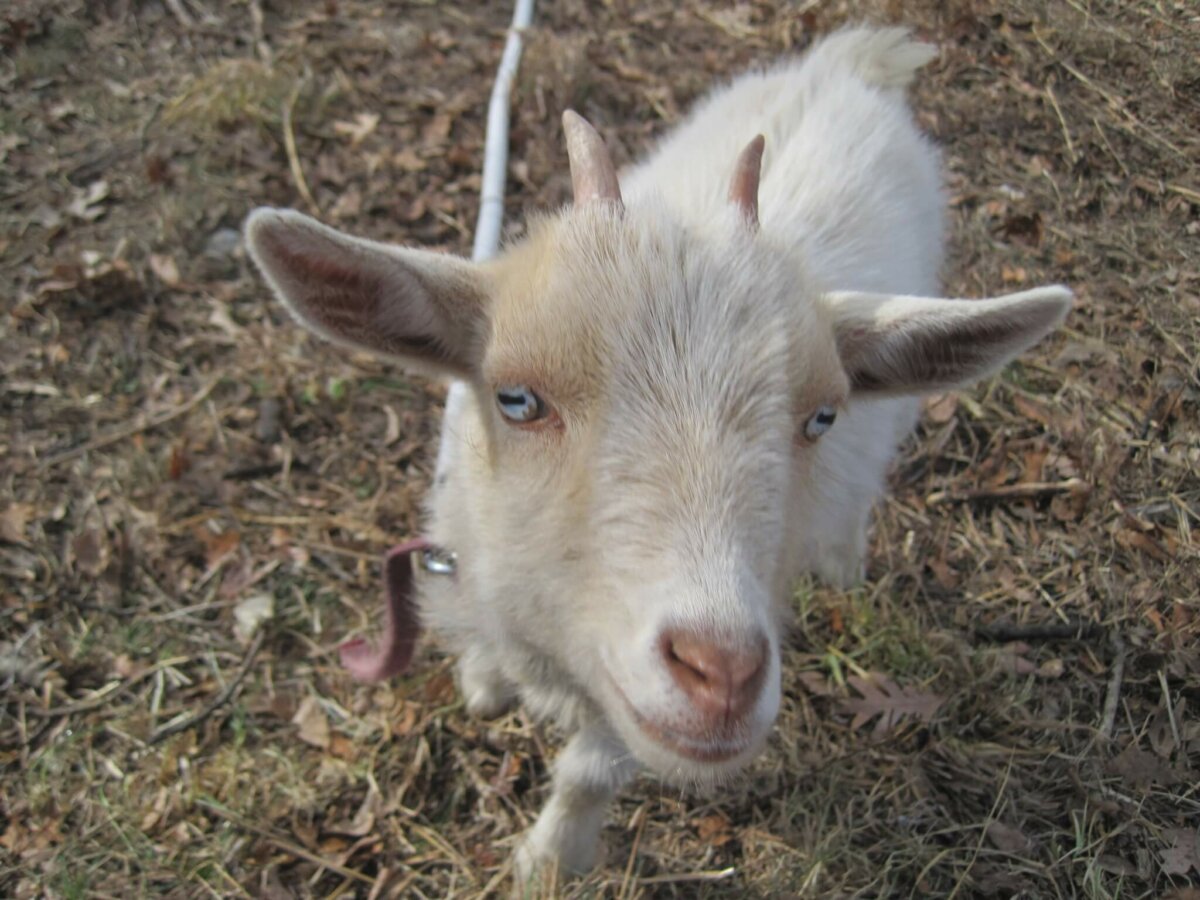
So, you need to give yourself time to transition to every new task, especially if it is something you’ve never done before. If you want to have lots of livestock, start with a small flock of chickens — maybe six birds — and get used to the new rhythm FIRST before you add the cows and rabbits, and the sheep herd.
Go to an established homesteader’s farm, watch them butcher their own birds, and make sure you still have the guts to do it yourself. See if you can have a successful backyard garden harvest before you launch your huge farmer’s market endeavors. And be patient. That vision of a productive, healthy, happy homestead can happen, but it may take longer than a few years to get it running. That’s okay.
No One is There to Do it for You
In the city, you can hire a service to do pretty much anything. Care for your lawn? Clean up your house? Cook your food? Investigate that weird noise in the middle of the night? A simple phone call can summon someone else to do what needs to be done. While that may lend a sense of security, it is both expensive and can leave you incredibly vulnerable when you leave those services behind.
Because in the country, those tasks usually fall squarely on your shoulders. The homesteaders of the past had a crazy sort of DIY resourcefulness and bravery because the options were to either figure it out or have it stay broken. So when you come out here, get ready to follow in their intrepid footsteps (and read up on some Eric Sloane books if you want historical inspiration!)
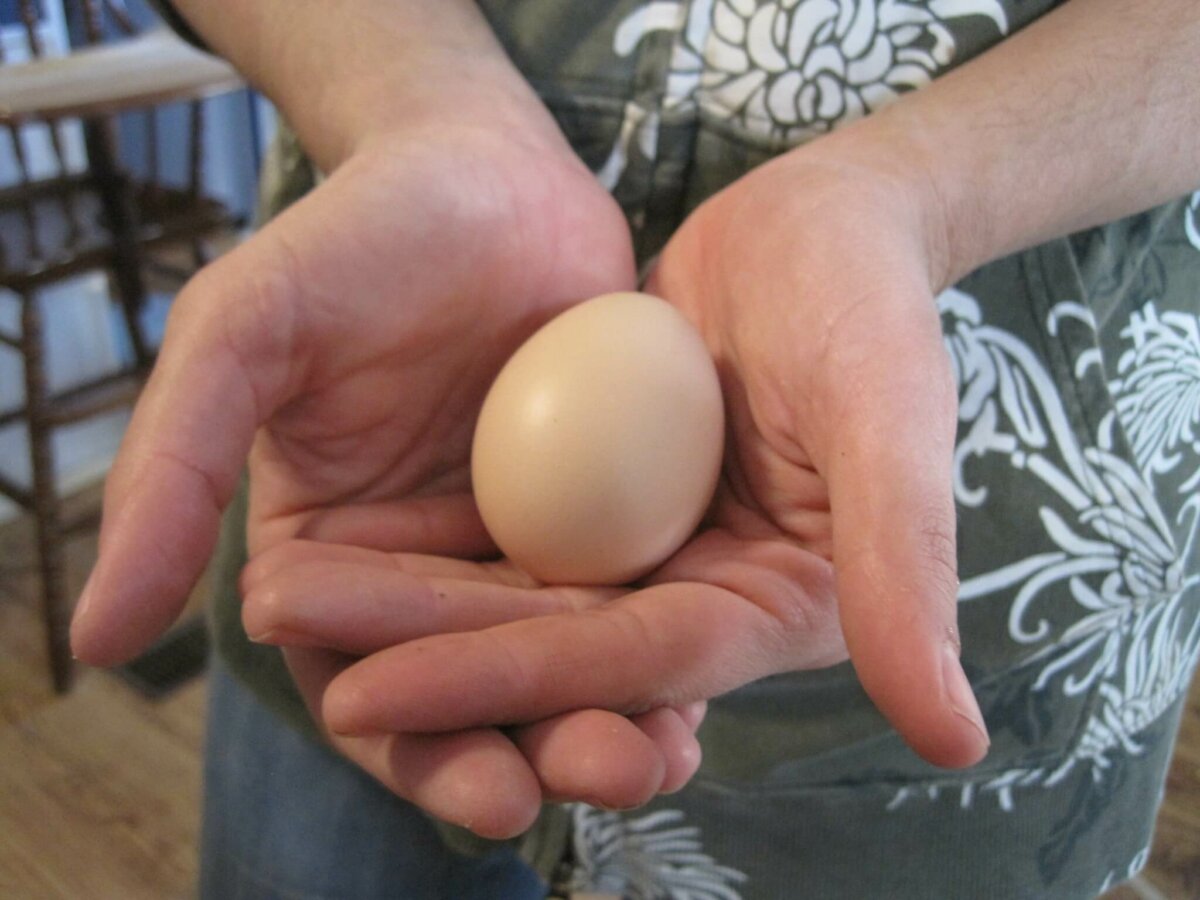
When the dogs start barking at 2 a.m., you are the one to throw on your boots, grab the shotgun, and see what’s going on up at the barn. When the tree falls across your driveway after the storm, you need to be the one to gas up the chainsaw and regain access to the main road. When the apples need to be harvested from the orchard and preserved for the winter, it’s time to grab the baskets and get to work.
But like the fable of the Little Red Hen, the result of all your labor is the deep satisfaction of being capable enough to take care of your own needs, and eat the literal fruits of your labor. As you become accustomed to that self-sufficient resiliency, gaining more skills every season, you may find that this sort of life is the most satisfying and fulfilling sort.
You Cannot Keep the Same Mindset
You may notice a trend in this list — all of the points are much more mental or psychological challenges rather than physical adjustments. Honestly, I think anyone can get used to new settings, given enough time. Getting used to a new mindset, however, that’s a far bigger endeavor.
Living in the urban landscape creates a mental scaffolding that you may not even be aware of until you have been removed from it. Then you might realize that everything you “knew how to do” isn’t applicable to the rural hills. I assume this feeling is common, and I am convinced it is part of the growing pains of the city-fled.
The quick jaunt to the cafe with friends, the clubs and social activities of the well-connected, the stress and tedium of working at a desk and then rushing home through traffic, are suddenly an echo and if you’re not prepared, may be one of the biggest hold-ups during the city-to-country transition.
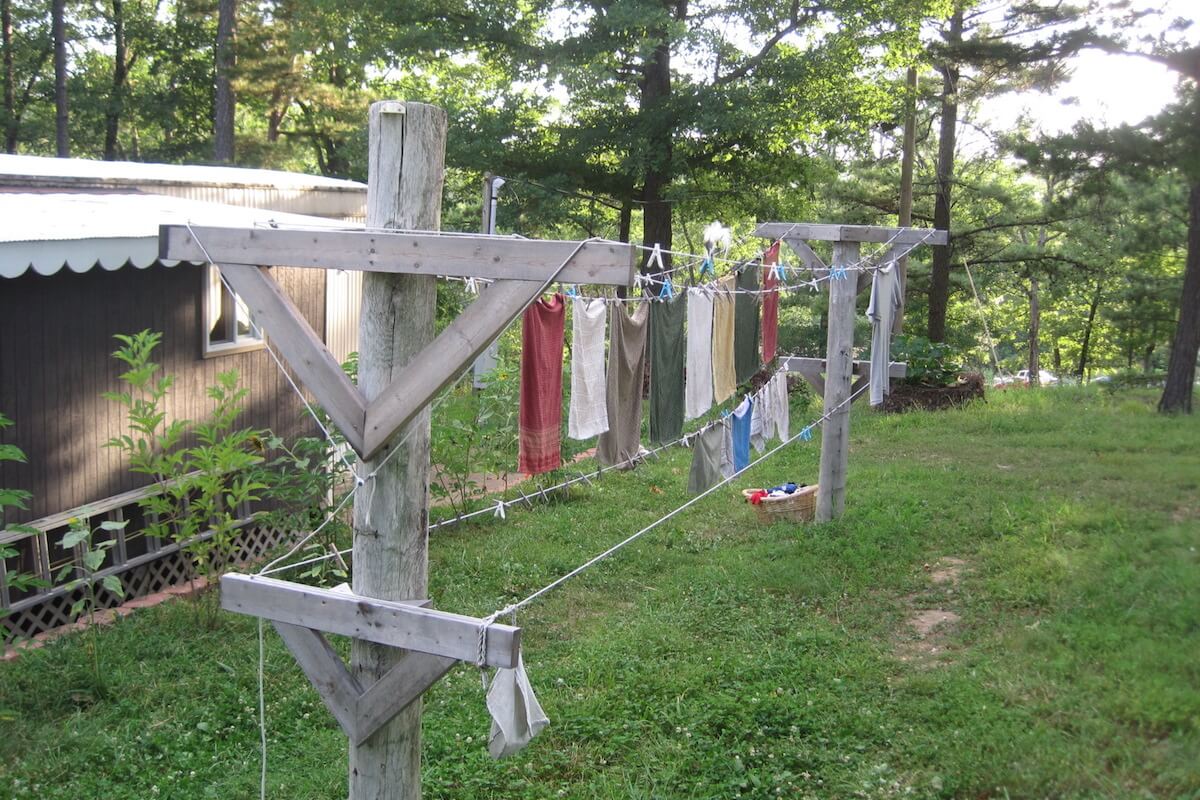
You don’t need to be an expert on homesteading to homestead — goodness knows I am making it up as I go along half the time! But a willingness to be teachable, to be a hard-worker, and to admit your weaknesses and learn from your failures, are crucial for rebuilding your mental fortitude to face a rural lifestyle.
Yes, the internet is super-slow, there’s no sushi for miles, and the water sometimes smells like egg salad. Yes, the roads are rough, and the town basically closes at 6 p.m. Yes, the blizzard is still howling and the cows need you to break the water in their buckets.
Yes, a raccoon wiped out your flock and you need to start over. Are these deal-breakers? If they are, then you need to seriously question if you want to actually be a homesteader. If they aren’t, then maybe your transition to country life is starting to take root.
So if you’ve decided to throw in the towel on your “normal” life and set out to homestead, you need to have rock-solid reasons for why you’re doing it. Those resolutions are going to be tested, big time.
You cannot … I repeat, you cannot expect to transplant yourself to a rural place and live in a similar fashion as you did in the city with some extra chickens in the background. You will either fail or be miserable for a long time, and miss the joys hidden in the journey. I know it’s hard. Hard like climbing a mountain is hard — but no one climbs a mountain because it’s easy.
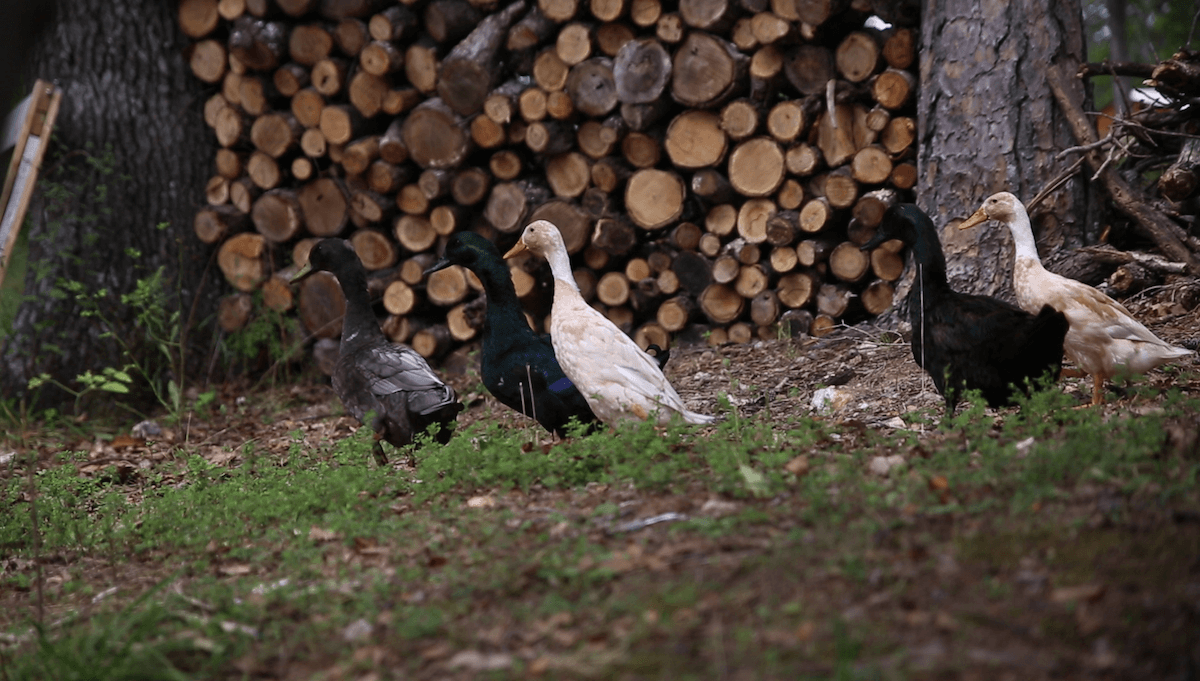
Maybe some of you found this article because you’re doing the same Google searches I did three years ago, and you’re wondering if you would ever be able to break free of the urban/suburban/dependent lifestyle that you’ve inherited.
Maybe you’re wondering if it is worth it. Maybe you want to live more authentically, honestly, or responsibly, and the country is calling you the same way it did us. Maybe you’re new to the whole homesteading concept and wonder what it’s like, or you’d like to get off-grid as well but don’t know if you could do really it.
I hope this article can help. From someone currently in the trenches of the transition, but with a few years now under my belt, I can tell you it’s possible. It’s a crazy ride, but it’s possible. And I love it. I feel like this quote sums up the new feeling of this life nicely (and I hope you can know the feeling too):
“Our lives in Tibet were spent without haste, and without the strange force that presses people down here, so that they always seem to be doing one thing and wishing they were doing something else, as though they were being driven like animals. In Tibet I felt more free, and more alive, and although life may have been harder, living it was easier.” –Thubten Jigme Norbu
Have any of you made the switch to becoming a homesteader, or are thinking about it? Do you agree with my perspective on the transition? Do you disagree? Let me know in the comments!





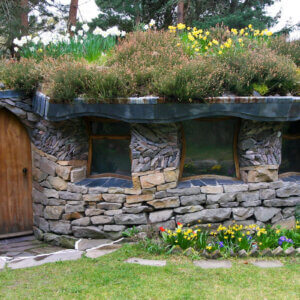

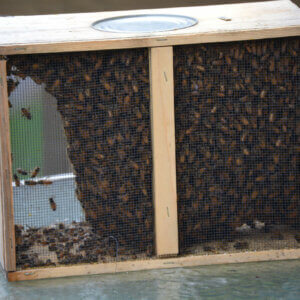

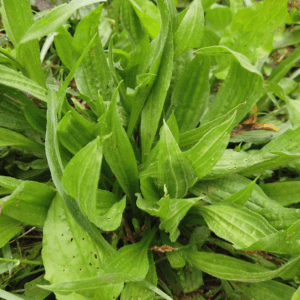


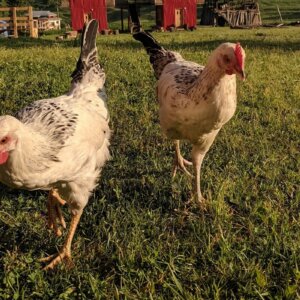

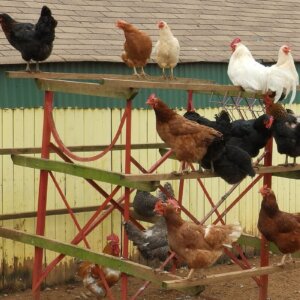




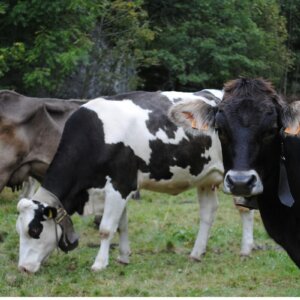

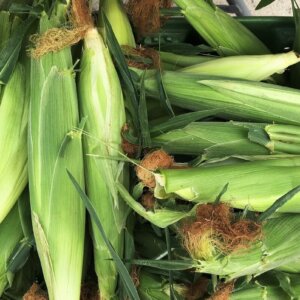

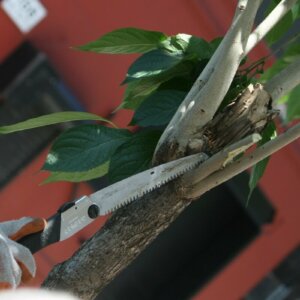
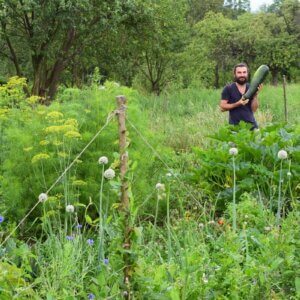



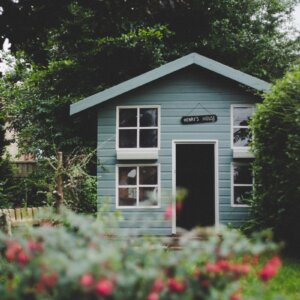

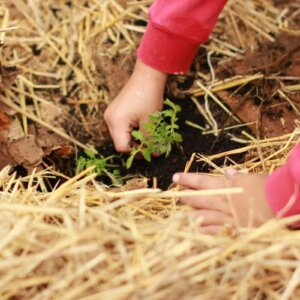
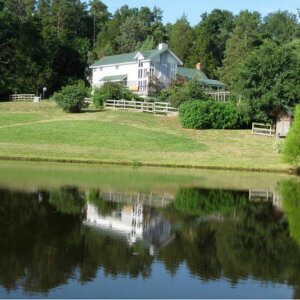




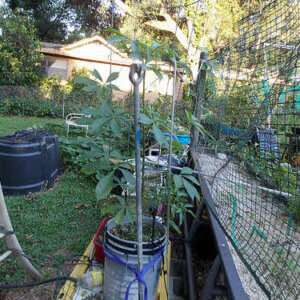
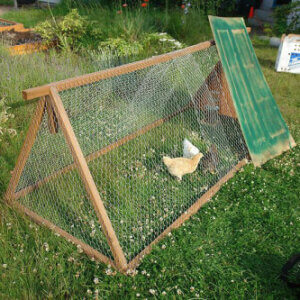


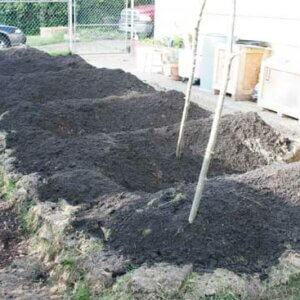

Thanks for this. We are moving toward the same situation. The wife is more prepared than I. Most of my life has been for work. You hit the nail on the head when you say we live for the weekend. I am more worried about having too much time.
Michael
Michael–the only time we’ve ever had too much time on the homestead was when we got snowed in the house for two days, haha, and even then, the animals still needed care. There will always be something to do! I’m excited for your family’s move–it is the best decision my family ever made. I’m so glad that our story could help you a little bit. 🙂
Hi,
It is interesting to read about your experiences as a ‘new’ homesteader. I grew up on a farm, but was not able to purchase a rural ag property until 2010. I did as much homesteading as I could (and more than I was supposed to…meat rabbits, ahem) on a suburban lot for most of my adult life…all the while wishing we could afford our dream homestead. The reality was that a rural agriculutural lot was not in our price range until the housing collapse brought prices down for a few years.
Now we have a 1 acre property where we can have livestock, but we are still limited by the size of the lot. For me, this was a return to the way I grew up…a return to my roots. My Dad taught me how to butcher chickens, plant a garden, and forage for wild edibles. My Mom taught me to can food, cook from scratch, and sew. I did a lot of these things in the suburbs, but I’m really happy to be back to a much more homesteading centered way of life now!
If we had been stuck in the city any longer, we would have done some quiet disobedience of our own and gotten some “illegal” chickens!
Thanks so much for your comment and for sharing your story. I am so happy to shed my suburban skin and try on this new one–I never want to go back to the city! I can imagine that you are much happier indeed. What livestock are working on your acre?
We are in the research phase for now. We’ve bought a 5 acre farm land in Hudspeth county ( Dell city, Texas to be precise). Although its near the mountains the area do get about 12 inches of rain. I hail from west Africa so I’m well familiar with the idea of living off grid. I am also familiar with rain catchment, waste management, solar power, few knowledge on gardening and livestock. We are excited to start this journey but we are taking our time studying and planning and with Gods help we’ll take that leap and take back control our dependency on the grid.
Congratulations on finding and buying your land! When we were still stuck in the city, but after we’d purchased our acreage, it was just…SO encouraging and motivating to know where we were going to be, finally having the answer to that prayer… Even if it made us a little antsy at times!
I hope the absolute best for you. It’s certainly an adventure, but I think your experiences and research will serve you well as you put them to the test. It’s a lot of work to finally take responsibility for your own needs, but as for us–we wouldn’t choose any other life. It’s wide-eyed, and full of unknowns, finally taking that leap of faith, but it’s worth it!
Thanks for your comment! I hope you will be Home soon!
Hi BA, Glad to talk to another Texas import. I’m currently in Falls country, but headed to a very remote spot in Montana. The property I bought does not have a well, and the cost is far too prohibitive, so I’ll be building a rain catchment and storage system. If you are not on city water, will you use catchment or well?
Hi Wren,
I found your perspective on taking time to talk an insightful reminder. It’s easy to allow the many tasks to be a false priority. I’m only a few weeks away from moving to my new property at a remote location in Montana where the freeway on ramp is twenty-seven miles away and the closest town another ten miles.
While I’m not planning on the homestead activities of animal husbandry or gardening and canning I will be self reliant on water (catchment and storage – to include building the ferrocement storage tanks), solar, compost toilet, building a rocket cook stove / mass heater, and cutting all the wood for the winter. It will be a very busy summer getting all the basic systems in place.
I’m so glad it could be helpful! Our neighbors have been a constant source of surprising information about our land–everything from anecdotes about the previous owners, revelations about where the real boundaries are (not where they seem!) and warnings about things to watch out for that we just couldn’t have guessed on our own. I hope that you find some good neighbors in your new place! It certainly sounds like you’ve got your work cut out for you–something we know very well, as we’re still in our getting-the-infrastructure-in-place stage too. As a side note, have you seen the free plans on line for the Missouri-designed Masonry stove? Here’s the link–> https://energy.mo.gov/sites/energy/files/pub781.pdf We’re working some elements from it into our house’s mass heater, and it’s just a nice resource to read through for some inspiration.
Hope the best for you! It’s a hard, and very worthwhile journey.